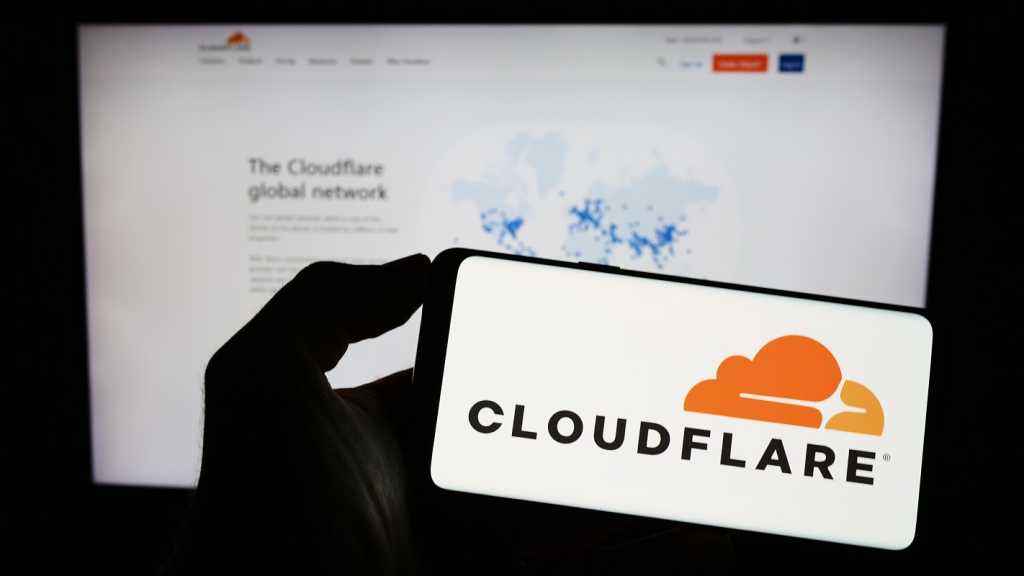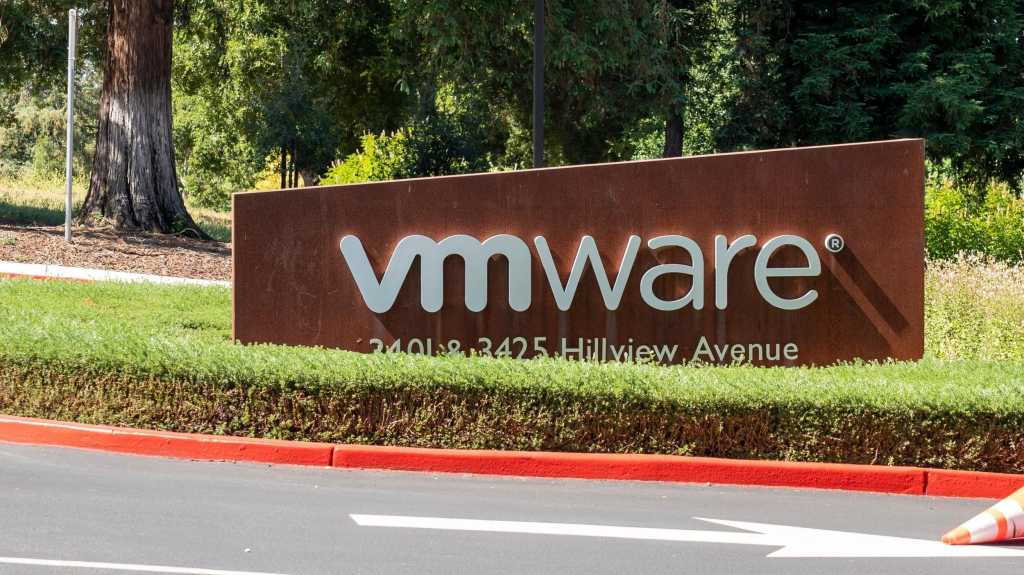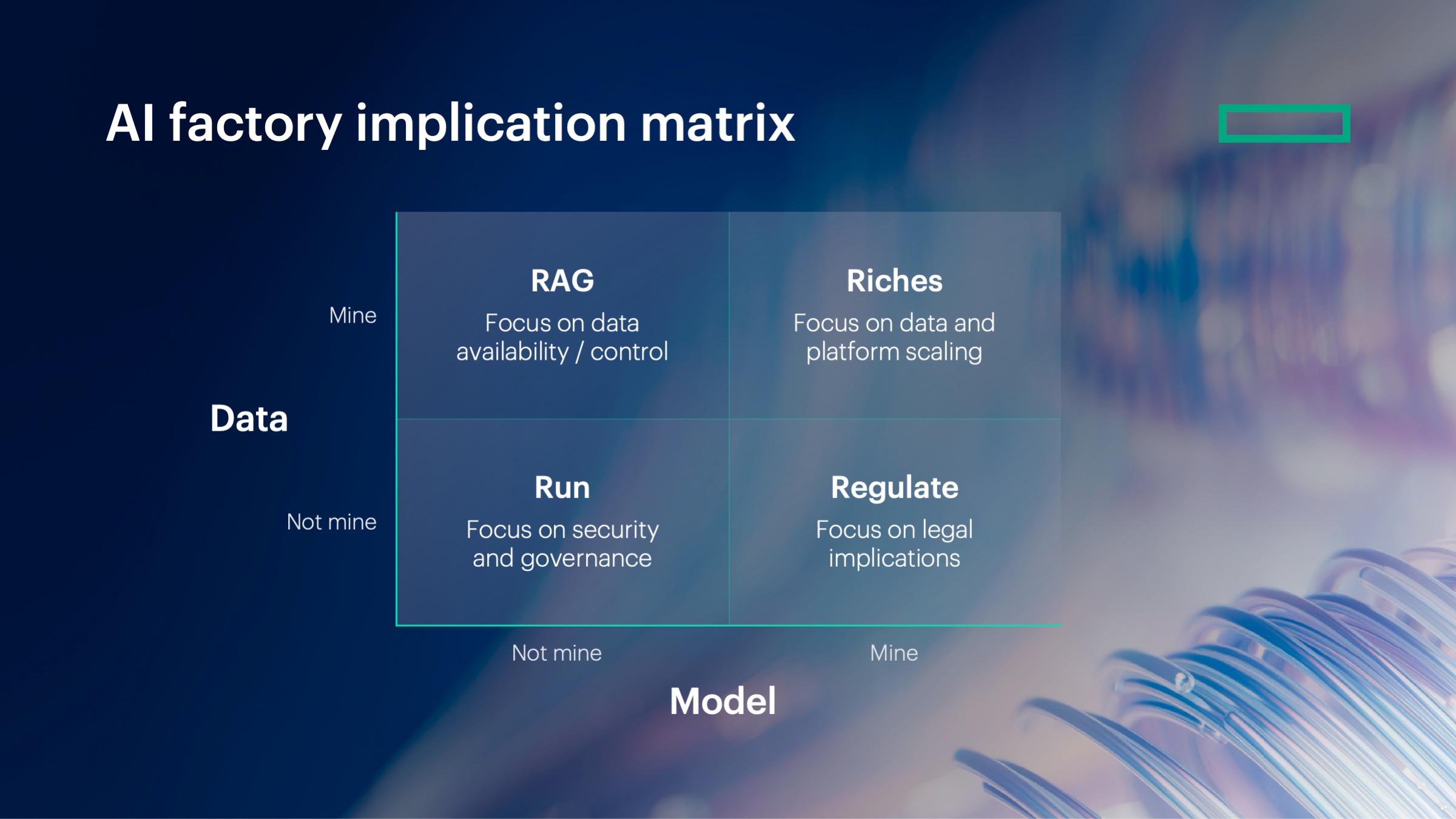
Is the juice worth the squeeze?
Analysts don’t seem to agree with Microsoft’s assertions about traditional tools and their impact on complicating management of cloud operations, and thus the need for an agentic Copilot.
“While the upgraded Copilot can orchestrate and execute workflows on behalf of users in cloud operations, I’m not sure that this was a common problem that needed a solution, and traditional tools worked just fine. Enterprises should look at what really changes while considering adoption. Is it for the better, or are we just ‘agentic washing’ existing tech that works just fine,” said David Linthicum, independent consultant and retired chief cloud strategy officer at Deloitte Consulting.
The cloud strategy consultant was referring to the conundrum that he says most enterprises would have to face: the promised upside of simplified cloud operations versus the rising complexity of an administrator’s role in deploying the upgraded Copilot.
“There’s a fundamental tension here. On one hand, Copilot’s agent mode simplifies many day-to-day operational tasks for end users and operators. On the other hand, it introduces new administrative considerations — particularly around policy-setting, access control, and compliance,” Linthicum said.
“Setting up granular spend permissions, managing access to sensitive datasets, and enforcing retention or storage controls — all require a more thoughtful approach from administrators. I would advise my clients who are considering this to consider the additional work it would require, including increased complexity, and whether there would be value to be gained,” Linthicum added.
Derek Ashmore, agentic AI enablement principal at Asperitas, pointed out that agentic cloud operations don’t eliminate governance but instead amplify the need for it, complicating the role of administrators.






















